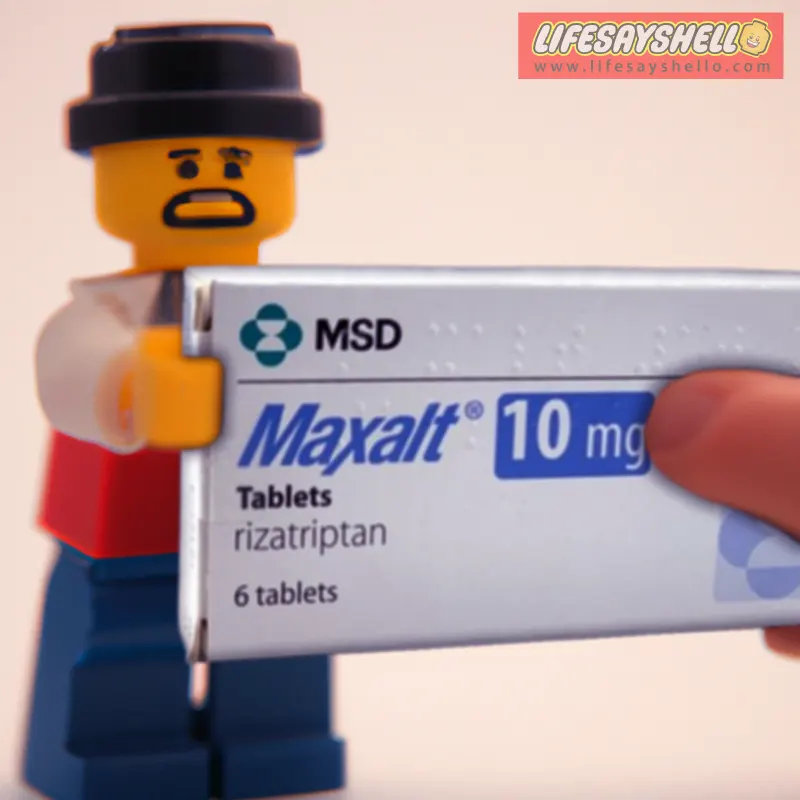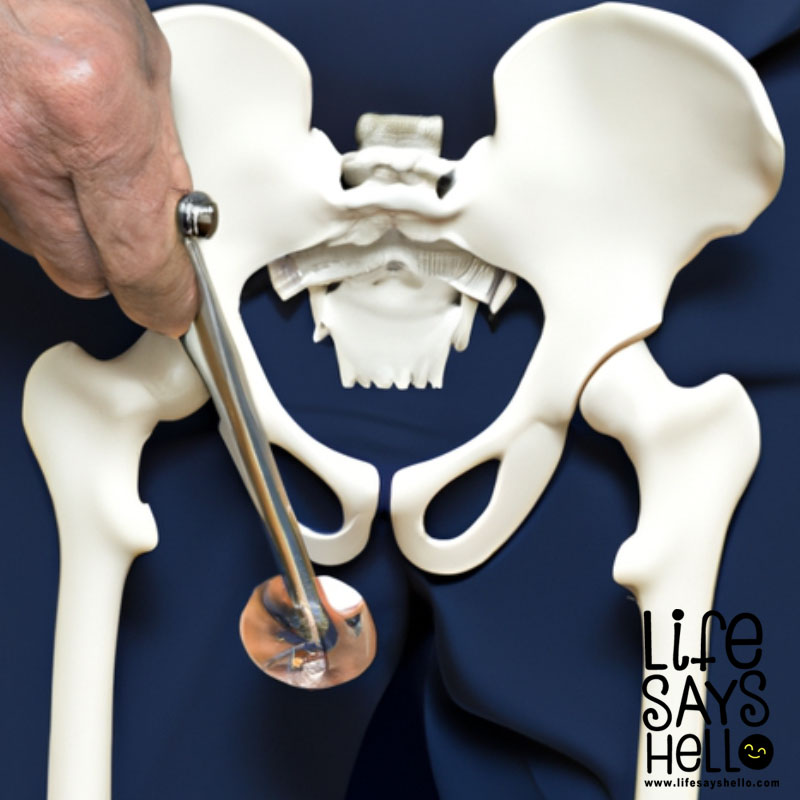Exploring the Side Effects of Maxalt: A Comprehensive Guide

Are you suffering from migraines and considering Maxalt as a treatment option? Before you dive into this medication, it's crucial to understand the potential side effects and how to manage them. In this comprehensive guide, we'll delve into the common and serious side effects of Maxalt, potential drug interactions, and tips for managing these side effects, ensuring a smoother journey towards migraine relief.
Introduction
Migraines can be a debilitating condition that significantly impacts one's quality of life. Maxalt, also known as Rizatriptan, is a popular medication prescribed to provide relief from these severe headaches. However, like any medication, it's essential to be aware of the potential side effects and how to manage them. In this article, we'll explore the common and serious side effects of Maxalt, potential drug interactions, and provide tips for managing these side effects. By understanding the effects of this medication, you'll be better equipped to make informed decisions about your migraine treatment.
Common Side Effects of Maxalt
As with any medication, Maxalt may cause some side effects. It's important to remember that not everyone will experience these side effects, and they may be mild or severe, depending on the individual. Here are some common side effects associated with Maxalt:
1. Dizziness
Dizziness is a frequent side effect of Maxalt, with some users reporting a feeling of unsteadiness or lightheadedness. This sensation may occur shortly after taking the medication and can last for a few hours.
2. Drowsiness
Maxalt may cause drowsiness or fatigue in some users. This side effect can make it difficult to focus on tasks or stay awake, so it's essential to be cautious when driving or operating heavy machinery.
3. Nausea
Nausea is another common side effect of Maxalt, with some users experiencing an upset stomach or even vomiting. This side effect may be more pronounced if the medication is taken on an empty stomach.
4. Weakness or fatigue
Some users may experience weakness or fatigue after taking Maxalt. This side effect can make it challenging to engage in physical activities or complete daily tasks.
5. Tingling or numbness
Maxalt may cause tingling or numbness in the face, hands, or feet. This sensation is typically temporary and should subside within a few hours.
While these side effects can be uncomfortable, they are generally not considered serious. However, if any of these side effects persist or worsen, it's essential to consult a healthcare professional.
Serious Side Effects of Maxalt
In some cases, Maxalt may cause more severe side effects that require immediate medical attention. Be sure to contact a healthcare professional if you experience any of the following:
1. Chest pain or tightness
Chest pain or tightness may be a sign of a more severe issue, such as a heart attack or angina. If you experience chest pain or tightness after taking Maxalt, seek immediate medical attention.
2. Irregular heartbeat
Maxalt may cause an irregular heartbeat in some users, which can be a sign of a potentially life-threatening condition. If you notice any changes in your heartbeat, contact a healthcare professional immediately.
3. Severe stomach pain
While nausea is a common side effect of Maxalt, severe stomach pain may indicate a more serious issue, such as an ulcer or gastrointestinal bleeding. If you experience severe stomach pain after taking Maxalt, seek medical attention.
4. Sudden or severe headache
If you experience a sudden or severe headache after taking Maxalt, it could be a sign of a more serious condition, such as a stroke or aneurysm. Seek immediate medical attention if you experience this side effect.
5. Signs of an allergic reaction
In rare cases, Maxalt may cause an allergic reaction, which can be life-threatening. Symptoms of an allergic reaction include hives, difficulty breathing, swelling of the face, lips, tongue, or throat. If you experience any of these symptoms, seek emergency medical attention.
Interactions with Other Medications
Maxalt may interact with other medications, increasing the risk of side effects or reducing the effectiveness of the drug. It's essential to discuss your medication history with your healthcare provider before starting Maxalt to avoid potential interactions. Some medications that may interact with Maxalt include:
1. Other migraine medications
Taking Maxalt with other migraine medications, such as triptans or ergotamines, can increase the risk of side effects. Be sure to inform your healthcare provider of any other migraine medications you are taking.
2. Antidepressants
Maxalt may interact with certain antidepressants, including selective serotonin reuptake inhibitors (SSRIs) and serotonin-norepinephrine reuptake inhibitors (SNRIs). This interaction can increase the risk of a dangerous condition called serotonin syndrome. Inform your healthcare provider if you are taking any antidepressants.
3. Herbal supplements
Some herbal supplements, such as St. John's Wort, may interact with Maxalt, increasing the risk of side effects. Be sure to discuss any herbal supplements you are taking with your healthcare provider.
Tips for Managing Side Effects
While side effects can be uncomfortable, there are several strategies for managing them and minimizing their impact on your daily life. Here are some tips for coping with common side effects:
1. Stay hydrated
Drinking plenty of water can help alleviate symptoms such as dizziness, nausea, and fatigue. Aim for at least eight glasses of water per day to stay adequately hydrated.
2. Rest in a quiet, dark room
If you experience dizziness, drowsiness, or fatigue, resting in a quiet, dark room can help alleviate these symptoms. This environment can also help reduce the severity of a migraine.
3. Use over-the-counter remedies for nausea or dizziness
Over-the-counter medications, such as ginger tablets or motion sickness medication, can help alleviate nausea or dizziness. Be sure to consult your healthcare provider before trying any new remedies.
4. Practice relaxation techniques
Relaxation techniques, such as deep breathing exercises or progressive muscle relaxation, can help reduce stress and alleviate symptoms such as dizziness, fatigue, and nausea.
Remember to consult your healthcare provider before trying any new remedies or if you have concerns about managing side effects.
Conclusion
Understanding the potential side effects of Maxalt is crucial for making informed decisions about your migraine treatment. By being aware of common and serious side effects, potential drug interactions, and strategies for managing these side effects, you can better navigate your journey towards migraine relief. Always communicate with your healthcare provider about any concerns or side effects you may be experiencing, and never hesitate to seek medical attention if a serious side effect occurs.




Comments